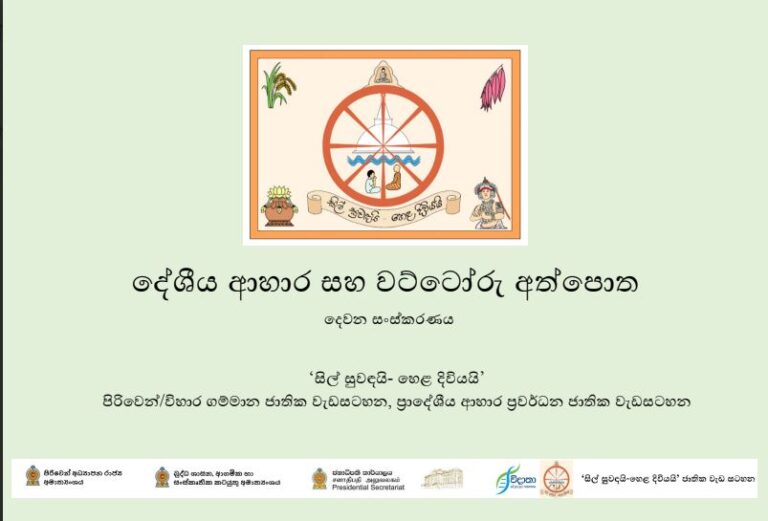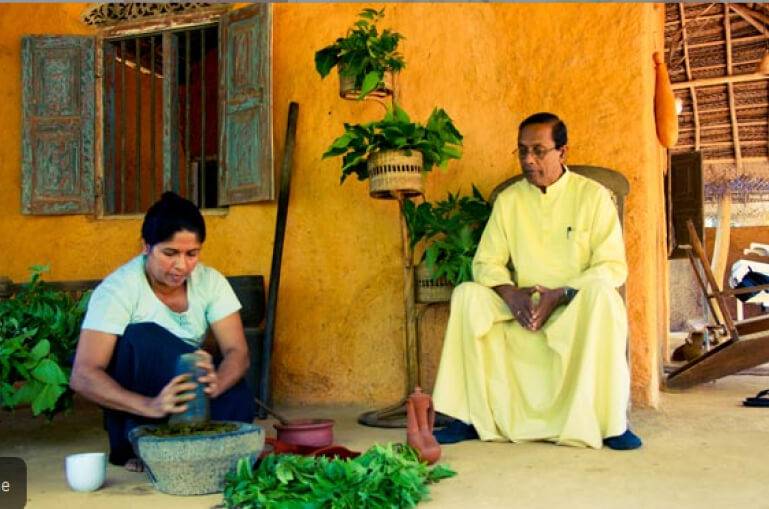Our Objectives: Promote Health through Traditional Medicine and Holistic Wellness Practices

Introduction
The promotion of health is an essential aspect of ensuring the well-being of individuals and communities worldwide. In recent years, there has been a growing interest in alternative approaches to healthcare, such as Ayurvedic treatments and traditional medicine systems. These methods offer a holistic approach to wellness, focusing on disease prevention, natural remedies, and personalized healthcare. This article will discuss the objectives and benefits of promoting health through Ayurvedic treatments, traditional medicine, and holistic wellness practices. It will also explore the importance of cultural preservation, community involvement, education and training, research and development, accessible healthcare, affordable services, integrative medicine, sustainable practices, collaboration and partnerships, quality care, regulatory standards, herbal medicine, and evidence-based practices in promoting health.
Ayurvedic Treatments and Traditional Medicine: A Holistic Approach to Health
The Core Principles of Ayurveda and Traditional Medicine
Ayurveda, a centuries-old traditional Indian medicine system, focuses on promoting health by maintaining a balance between the body, mind, and spirit. This holistic approach to wellness emphasizes disease prevention through natural remedies and personalized healthcare. Traditional medicine systems worldwide share similar core principles, aiming to promote health and well-being by harnessing the natural healing properties of herbs, plants, and other natural resources.
The Benefits of Ayurvedic Treatments and Traditional Medicine
Ayurvedic treatments and traditional medicine offer numerous benefits for promoting health. These methods can address various health issues, including chronic conditions, digestive disorders, stress-related ailments, and more. The use of natural remedies and personalized healthcare ensures that individuals receive treatments tailored to their unique needs and health goals. Additionally, these systems promote a holistic approach to wellness, focusing not only on physical health but also on mental and emotional well-being.
Cultural Preservation and Community Involvement in Promoting Health
Preserving Cultural Heritage and Traditional Knowledge
Promoting health through Ayurvedic treatments and traditional medicine also involves preserving cultural heritage and traditional knowledge for future generations. These systems are an essential part of many communities’ cultural identity, and their preservation is crucial for maintaining health and well-being. By promoting respect for the cultural and intellectual property of traditional medicine systems, we can ensure their continued development and use.
Engaging Local Communities in Healthcare Initiatives
Community involvement is a crucial aspect of promoting health through Ayurvedic treatments and traditional medicine. By engaging local communities in healthcare initiatives, we can ensure that these systems remain accessible and tailored to the needs of those who rely on them. This collaboration also fosters a sense of ownership and responsibility for health and wellness within communities, promoting sustainable practices and long-term health improvements.
Education and Training of Healthcare Providers in Traditional Medicine Systems
Developing a New Generation of Practitioners
One of the primary objectives of promoting health through Ayurvedic treatments and traditional medicine is to train a new generation of healthcare providers in these systems’ principles and practices. By equipping practitioners with the knowledge and skills needed to effectively practice these systems, we can ensure that they continue to provide quality care and contribute to addressing modern health challenges.
Promoting Research and Development in Traditional Medicine
Another critical aspect of promoting health through Ayurvedic treatments and traditional medicine is fostering research and development in these systems. By encouraging scientific investigation and evidence-based practices, we can better understand their efficacy and potential for addressing various health issues. This research also informs the development of new treatments and therapies, ensuring that traditional medicine continues to evolve and adapt to the changing healthcare landscape.
Accessible Healthcare and Affordable Services
Making Traditional Medicine Accessible to All
A key objective of promoting health through Ayurvedic treatments and traditional medicine is to make these systems accessible to all. By partnering with healthcare providers and integrating these systems into mainstream healthcare, we can ensure that individuals have access to a broader range of treatment options, including affordable and effective alternatives to conventional medicine.
Ensuring the Affordability of Traditional Medicine Services
In addition to accessibility, affordability is a crucial factor in promoting health through Ayurvedic treatments and traditional medicine. By working to provide cost-effective treatment options, we can ensure that more individuals have access to the healthcare services they need, regardless of socioeconomic status.
Integrative Medicine and Collaboration
Combining Traditional and Modern Medicine for Optimal Health Outcomes
Integrative medicine, which combines traditional and modern medical practices, is an essential aspect of promoting health through Ayurvedic treatments and traditional medicine. By fostering collaboration between practitioners of various systems, we can develop comprehensive healthcare plans that address the unique needs of each individual, leading to improved health outcomes and overall well-being.
Partnerships between Healthcare Providers and Traditional Medicine Practitioners
Establishing partnerships between healthcare providers and traditional medicine practitioners is another critical aspect of promoting health through Ayurvedic treatments and traditional medicine. By working together, these professionals can provide more comprehensive and effective treatments, ensuring that individuals receive the best possible care.
Regulatory Standards and Quality Care in Traditional Medicine
Establishing Clear Guidelines and Standards
To ensure the safety and efficacy of Ayurvedic treatments and traditional medicine, it is crucial to establish clear guidelines and standards for their practice. By developing and enforcing regulatory standards, we can ensure that practitioners are qualified and operate in a safe and ethical manner.
Providing Oversight and Accountability
In addition to regulatory standards, providing oversight and accountability is essential for promoting health through Ayurvedic treatments and traditional medicine. By monitoring the adherence to established guidelines and standards, we can ensure that individuals receive quality care and that these systems continue to evolve and improve.
Sustainable Practices and Environmental Impact
Promoting Sustainable Production of Herbal Medicines
One of the objectives of promoting health through Ayurvedic treatments and traditional medicine is to ensure that the production of herbal medicines is sustainable and environmentally friendly. By adopting sustainable practices, we can reduce the environmental impact of modern medical practices and promote the use of natural resources in a responsible manner.
Contributing to Sustainable Development through Traditional Medicine
Finally, promoting health through Ayurvedic treatments and traditional medicine can contribute to sustainable development by encouraging the use of natural resources and reducing the environmental impact of healthcare practices. By integrating traditional medicine systems into our healthcare infrastructure, we can work towards a more sustainable and healthy future for all.
Conclusion
Promoting health through Ayurvedic treatments, traditional medicine, and holistic wellness practices offers numerous benefits for individuals and communities worldwide. By focusing on disease prevention, natural remedies, personalized healthcare, cultural preservation, community involvement, education and training, research and development, accessible healthcare, affordable services, integrative medicine, sustainable practices, collaboration and partnerships, quality care, regulatory standards, herbal medicine, and evidence-based practices, we can work together to improve health outcomes and promote overall well-being for all.






